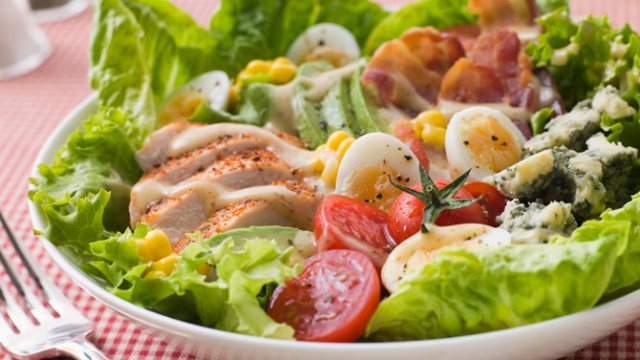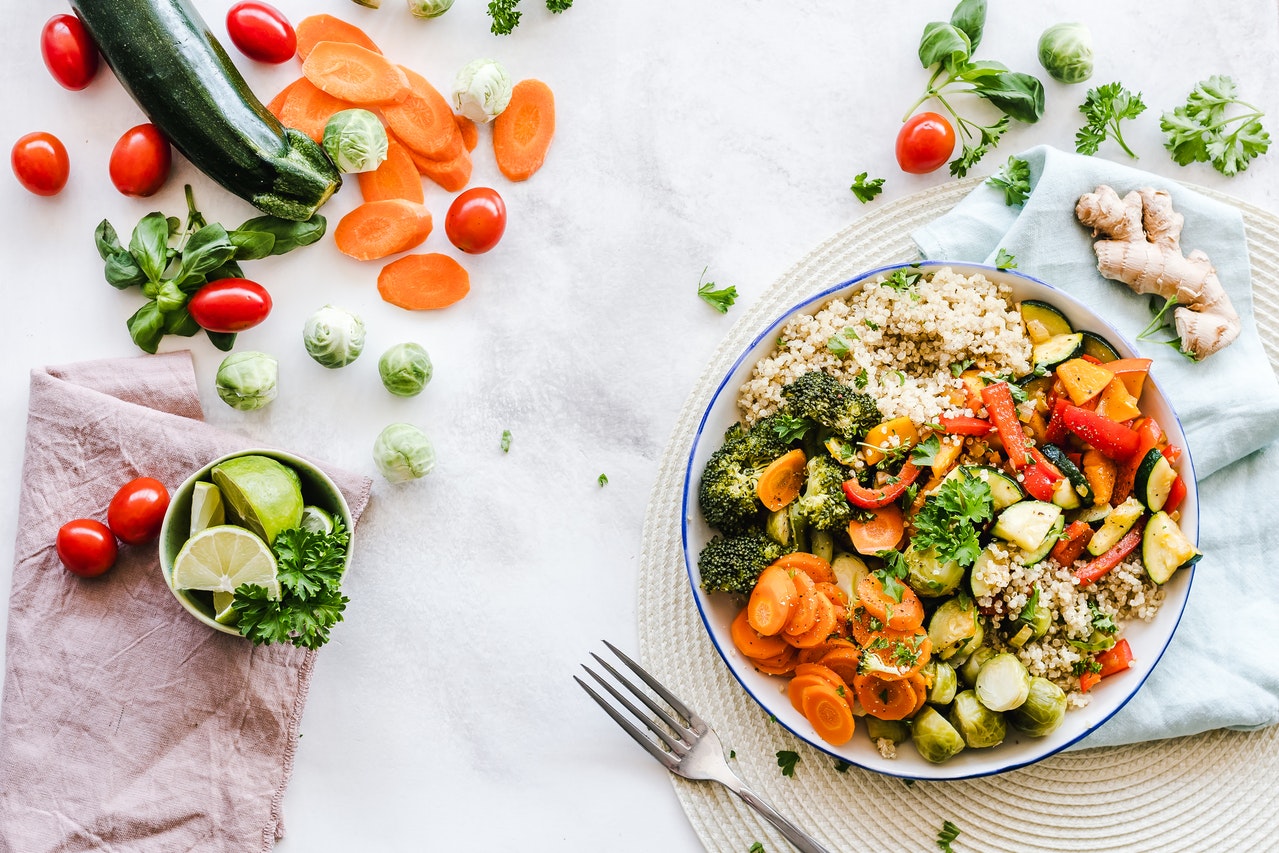If I had a penny for every time someone said “I’d love to eat healthier but I can’t afford it” then I could afford to eat healthy… get it? No, but seriously, eating healthy is considerably less expensive than eating unhealthy processed foods as long you know what to buy. Here is a list of my 10 favorite inexpensive foods, and what makes them awesome.
Cabbage
Cabbage is a widely reviled food, and I would argue strongly that it’s being wrongly persecuted. Conveniently it’s also incredibly inexpensive as a result of its lack of popularity despite the fact that it’s quite nutritious and contains significant quantities of Calcium, Potassium, Fiber, Vitamins C and K, and Folate.
Radishes
Radishes are tasty, and an excellent source of Vitamin C, Omega 3 Fatty Acids, Folate, and Fiber. The best part is that they’re dirt cheap and can be added to just about any dinner or lunch.
Broccoli
Broccoli is just as healthy as your mom used to say containing large quantities of vitamins C and K, as well as significant quantities of manganese and potassium. Vitamin K is particularly useful if you tend to get nosebleeds in winter because it plays a significant role in blood clotting.
Tomatoes
Tomatoes are rich in vitamin A, potassium, and omega 6 fatty acids and are available cheaply all year around (as long as you don’t buy the extra expensive pre-packaged ones).
Potatoes
Potatoes are an excellent staple that is very nutritious if eaten with the skin. To get the full benefit out of it just wash your potatoes thoroughly and then cook them without peeling them. Potatoes contain massive quantities of vitamin B6, potassium, and vitamin C, and significant amounts of niacin, thiamin, copper, and manganese. A 10 pound bag of potatoes usually costs less than 5$ and could feed you for days even if you were silly enough to eat only potatoes.
Whole Grain Flour
Whole grain wheat is also an excellent staple and baking bread is incredibly simple, even if getting it to turn out just right will require some practice. Wheat contains lots of manganese, selenium, niacin, phosphorous, vitamin B6, thiamin, iron, copper, and magnesium. Baking your own bread can reduce the cost of a loaf by more than half, making it about as inexpensive as living off of potatoes.
Bananas
In my local grocery store bananas are sold for 37 cents per pound, which is an incredible value considering that they’re calorie dense as well as containing significant quantities of riboflavin, potassium, vitamin B6, and manganese.
Canned Tuna
Obviously the amount of sodium in Tuna makes it questionable as a health food, however it’s very low cost and actually very healthy in reasonable quantities, containing essential nutrients like vitamin B12, niacin, choline, and selenium.
Stephanie Marlowe graduated with a degree in health science promotions. She currently works with Senior Care Franchise.





